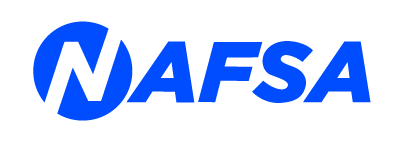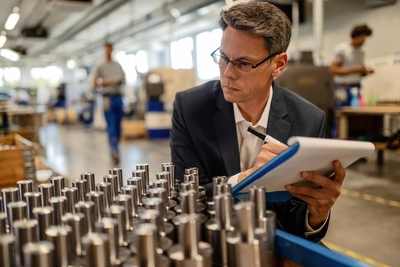In the design and manufacture of industrial solenoids, one of the most important factors often overlooked is the IP rating. This certification indicates the level of resistance of a device to the ingress of dust and water, an essential feature to ensure durability and safety in industrial applications.
In this article, we explain what an IP rating is, how to interpret it, and why it is especially relevant in the case of solenoids. Additionally, we will look at a practical example with the ECM Series from NAFSA, which has an IP40 specification.
What is an IP Rating?
The term IP stands for Ingress Protection. It is an international standard defined by the IEC 60529 standard, which classifies the degree of protection provided by electrical enclosures against solids and liquids.
An IP rating consists of two digits:
- First digit (0–6): Indicates protection against dust and solid objects.
- Second digit (0–9): Indicates protection against water under various conditions (dripping, jets, immersion, etc.).
Why is the IP Rating Important for Solenoids?
Solenoids are used in demanding industrial environments, where environmental conditions can directly affect their performance and durability. The IP rating is crucial in the following cases:
- Dusty environments: such as food factories, automotive industries, or packaging lines.
- Areas with humidity or liquids: for example, in the medical industry, elevators, or process automation.
- Safety applications: where a failure in the solenoid could compromise access control or machinery protection.
Choosing a solenoid with the appropriate IP rating prevents breakdowns, reduces maintenance costs, and ensures safe and reliable operation in the long term.
NAFSA’s ECM Series with IP40
The ECM Series from NAFSA is an excellent example of a solenoid with an IP40 protection rating.
Main Features:
- Protection against solid objects larger than 1 mm (e.g., fine wires, metal shavings).
- Designed for applications where the risk of contact with water is low, but protection from dust and particles is necessary.
- Reliability and robustness for continuous industrial applications.
Where Can We Find the ECM Series?
- Industrial automation: production lines with suspended particles
- Sorting and vending systems: where precision and reliability are critical
- Access control: environments with dust or dirt, but without direct humidity
How to Choose the Right IP Rating for Your Project
When selecting a solenoid, you should not only consider the force, stroke, or size but also the IP rating you need. Some practical tips:
- Analyze the work environment: Is there dust, metal shavings, or liquids present?
- Define the level of requirement: Is it enough to protect against small solid objects (IP4X), or is water resistance needed (IP6X/IPX5 or higher)?
- Consult experts: at NAFSA, we offer personalized advice to select the most suitable solenoid for your application.
The IP rating is a determining factor in the security, durability, and performance of solenoids in industrial environments. Models like the ECM Series from NAFSA (IP40) provide the necessary protection for applications with solid particles, ensuring reliability in sectors as diverse as automation, vending, or access control. At NAFSA, we have been working for over 25 years in the design and manufacture of custom solenoids, tailored to the needs of each sector.

